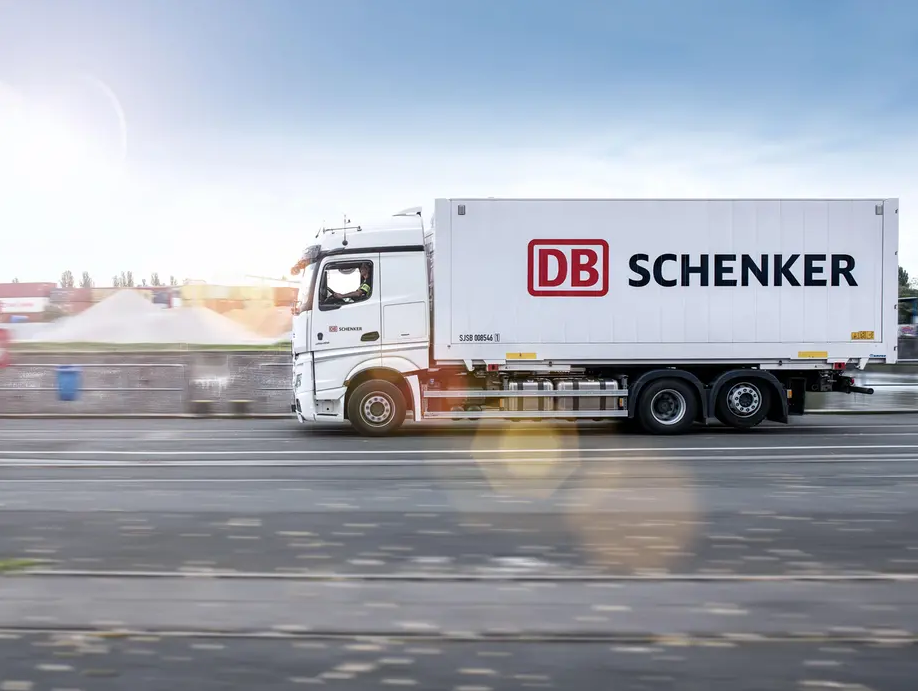
Deutsche Bahn, the German railway giant, has, again, announced its consideration of a potential sale of DB Schenker, its profitable logistics subsidiary, as part of its response to the company’s challenging half-year results. The analysis of this strategic move is ongoing and expected to take some time to reach a decision.
In its recent half-year report, Deutsche Bahn disclosed a significant decrease in operating profit, which stood at €331m ($366m), down 62%. In contrast, DB Schenker recorded an operating profit of €626m, representing a 47% decline compared to the previous year. Despite the drop in revenue by 29%, the subsidiary’s performance remained relatively robust compared to its competitors, such as DSV and K+N.
The logistics unit of DB Schenker continued to be a vital revenue generator for the company, showing a nearly threefold increase in operating profit since the first half of 2019. The logistics sector’s resilience, despite volatility, presents promising growth opportunities, prompting Deutsche Bahn to recognize DB Schenker’s excellent prospects for the future.
However, the rail freight subsidiary, DB Cargo, faced significant challenges as it continued to incur losses. The company expressed its commitment to transforming DB Cargo into an economically viable and future-ready entity, acknowledging the adverse impact of the deteriorating competitive environment for rail transport, rising electricity prices, and relatively sluggish market dynamics.
The decision to consider selling DB Schenker is driven by Deutsche Bahn’s desire to address its financial concerns. The company’s overall expectations for the full year include a significant operating loss, albeit better than initially projected, at just under €1bn. Retaining DB Schenker could potentially halve this operating loss, illustrating the subsidiary’s crucial role in supporting the parent organization’s profitability.
Industry experts, including Ti in its Global Freight Forwarding 2023 report, highlight that Deutsche Bahn’s extensive capital expenditure requirements have led to the decision to divest DB Schenker. Despite the subsidiary’s significant contribution to the group’s bottom line, the railway company anticipates a challenging outlook, with DB Schenker unlikely to repeat the exceptionally high freight rates of recent years.
This caution suggests that Deutsche Bahn aims to maximize the potential proceeds from the sale of DB Schenker to address its financial needs effectively. The decision-making process remains complex, as the company evaluates the long-term implications of parting with its lucrative logistics subsidiary.
As the analysis continues, stakeholders are keenly observing Deutsche Bahn’s strategy, which will undoubtedly shape the future landscape of the logistics and rail freight sectors. Despite uncertainties, the logistics industry remains an attractive growth market, promising potential opportunities for Deutsche Bahn and other players in the evolving global supply chain.

